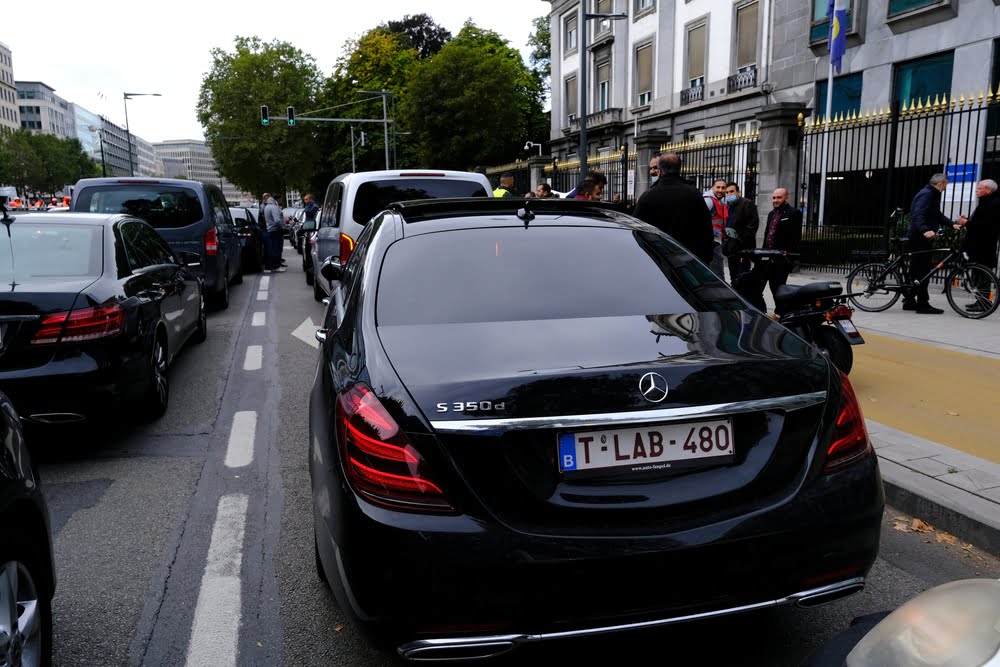According to the Brussels Court of Appeal, Uber drove illegally in Brussels for six years.
The dispute started when the Belgian Federation of Taxis (Febet), together with about twenty taxi drivers, filed a lawsuit in 2018 with the intention of banning UberX in the Belgian capital. The case was filed after the company court ruled in 2014 that Uber offered services that violated existing taxi regulations, forcing the company to discontinue its services. In response, Uber launched UberX, a service it said was more in line with chauffeured vehicle rental (LVC).
An article on the website of the digital trade magazine Passenger Transport Magazine drew our attention to the fact that after a lengthy legal battle, which originated on the streets of Brussels, the Brussels Court of Appeal has ruled that UberX has operated unlawfully for more than six years. The taxi companies can now claim damages.
We are pleased to inform you that the judgment of the Court of Appeal in the Uber case has been delivered.
Federation Belge des Taxis
This historic decision stands proclaim in L'Echo, marking a significant development in the ongoing battle between traditional taxi services and modern technology-driven transportation solutions such as Uber. The core of the conflict revolved around the interpretation and enforcement of Brussels taxi regulations, specifically regulations that prohibited the use of communications equipment by LVC vehicles, such as smartphones.

This ruling should in principle put an end to the legal battle that was started in 2018 by the Belgian Taxi Federation (Febet), supported by about twenty drivers.
The first lawsuit led to an appeal procedure in which the appeal court ruled in 2021 that UberX was indeed in violation of local taxi law. This decision was reinforced by a ruling by the Constitutional Court in June 2022, which confirmed that the 1995 Taxi Regulation was constitutional and that UberX had committed violations.
The recent judgment of the Court of Appeal has now definitively established that UberX acted illegally between September 3, 2015 and December 10, 2021, the day before the introduction of a new Brussels regulation. Furthermore, it was concluded that UberX's practices were contrary to fair trade practices, even in the period after the introduction of the new regulations until the regulation of June 9, 2022, which creates a legal framework for the coexistence of UberX and traditional taxis.
This ruling opens the door for damage claims from taxi companies, which, according to Antoine Chomé, lawyer for Febet, could run into tens of millions of euros. The evidence of the violation has been irrefutably established; all that remains is to prove the damage and the causal link. Uber, on the other hand, emphasizes that current legislation has provided clarity and that the company is now fully compliant with local regulations, linking passengers to both street and station taxis.
Febet
This decision appears to close a chapter in the legal battle between Uber and the Brussels taxi industry, but the broader discussion about the regulation of the gig economy and the future of urban transport will undoubtedly continue. In the meantime, another problem has already presented itself. The federation of Belgian taxis will meet at the North Station in Brussels on Monday, March 4 manifest against the way the sector is treated in Brussels. The federation criticizes the measure that requires all new taxis in Brussels to be emission-free from January 1, 2025.




